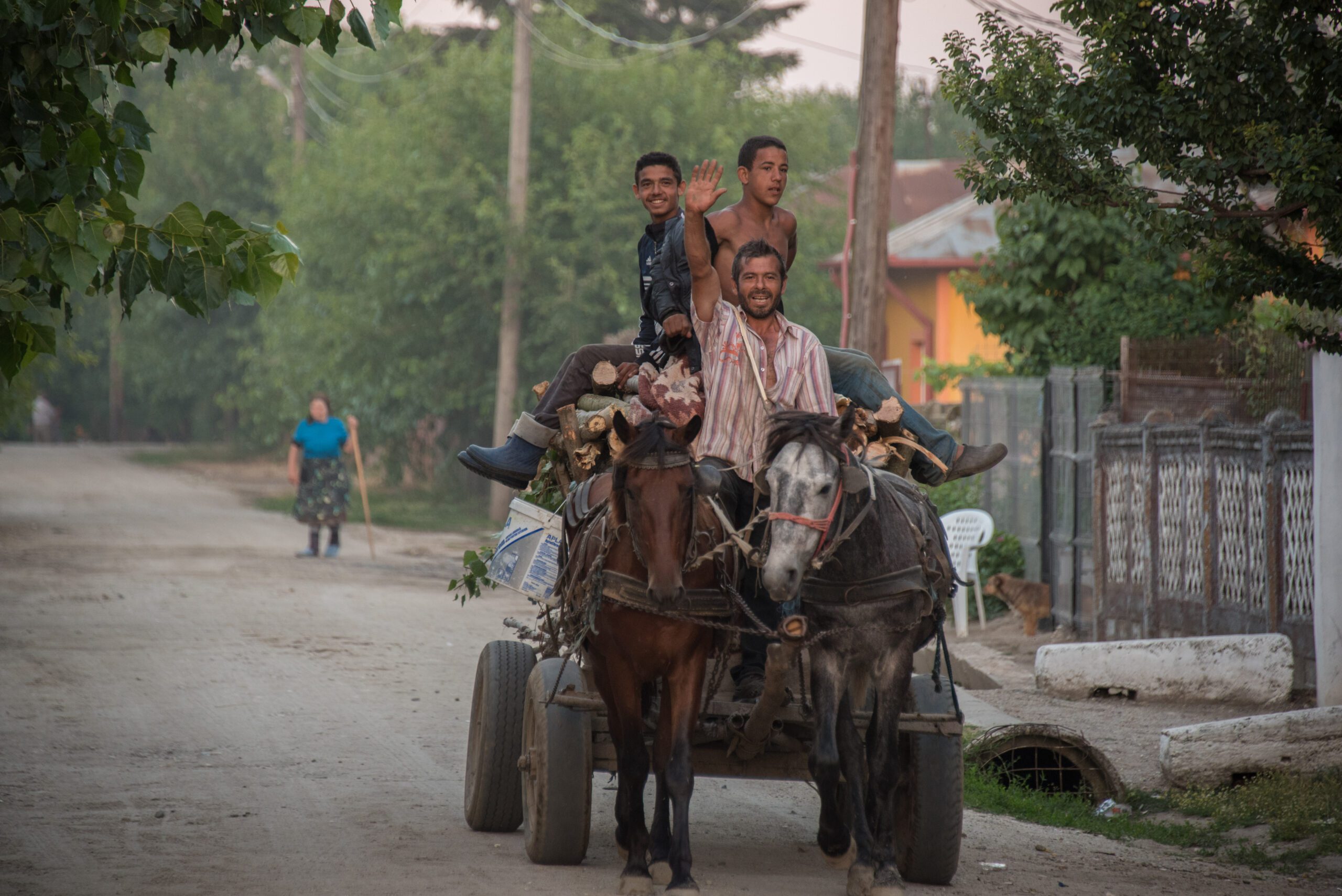The first skill one must master is the crafting of the narrative. We believe that the best students for the workshop are those with some experience as a writer or photographers.
Most of those taking the workshop want to learn to produce videos to tell stories. We teach how to do this alone. Most organizations can fund one person to go and tell a story, some can cover the costs for two people, and very few will be able to send a team. Those who learn to produce video stories without a team understand how all elements work together.
The one student who excelled beyond everyone else wasn’t a journalist but Jon Franz, a creative director. He was a master at creating storyboards, which is a huge help in planning your shot list. Jon was used to the director role but had never done the hands-on camera/audio/video editing himself. Instead, he had always directed others.
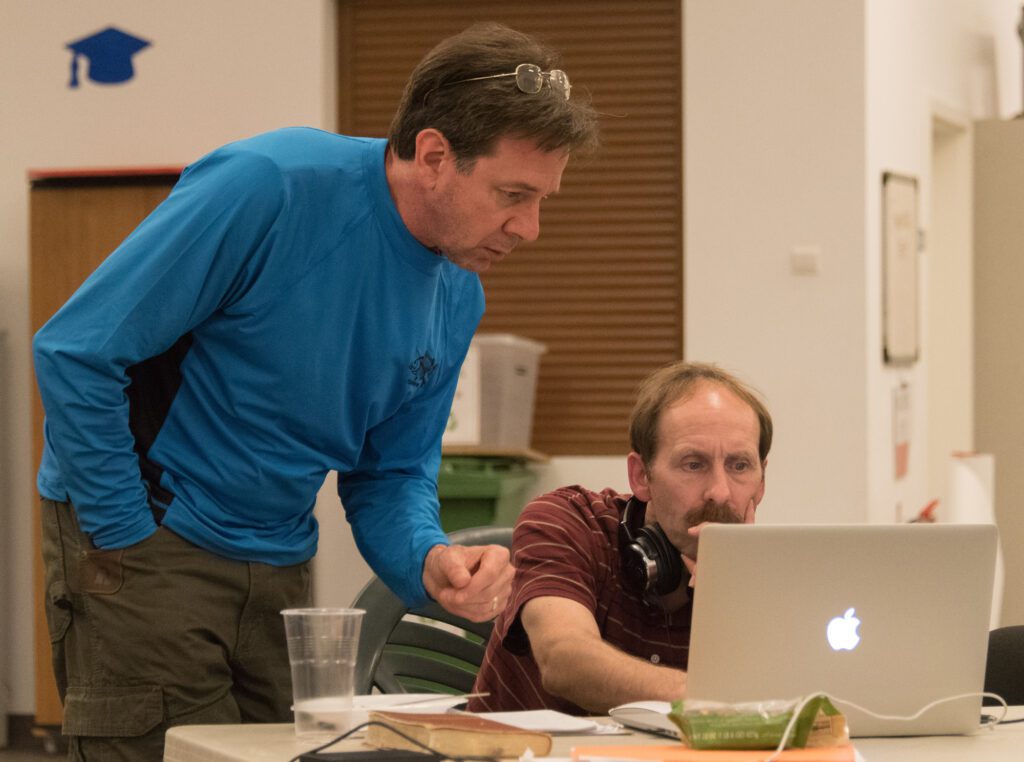
Jon says that the workshop was life-changing for his career. He discovered how to do more as just one person producing a story and understood how adding people was about upping the production value. He learned not just how to do it as a one-person band but also to be a better producer.
Those who didn’t have this background were learning how to craft a narrative to tell a compelling story.

While you do not have to have your storyline in this exact order to work, the essential elements need to be present.
Multimedia
The second skill needed to produce these packages is capturing the content using still images, audio, video, and the ability to edit this into a timeline.
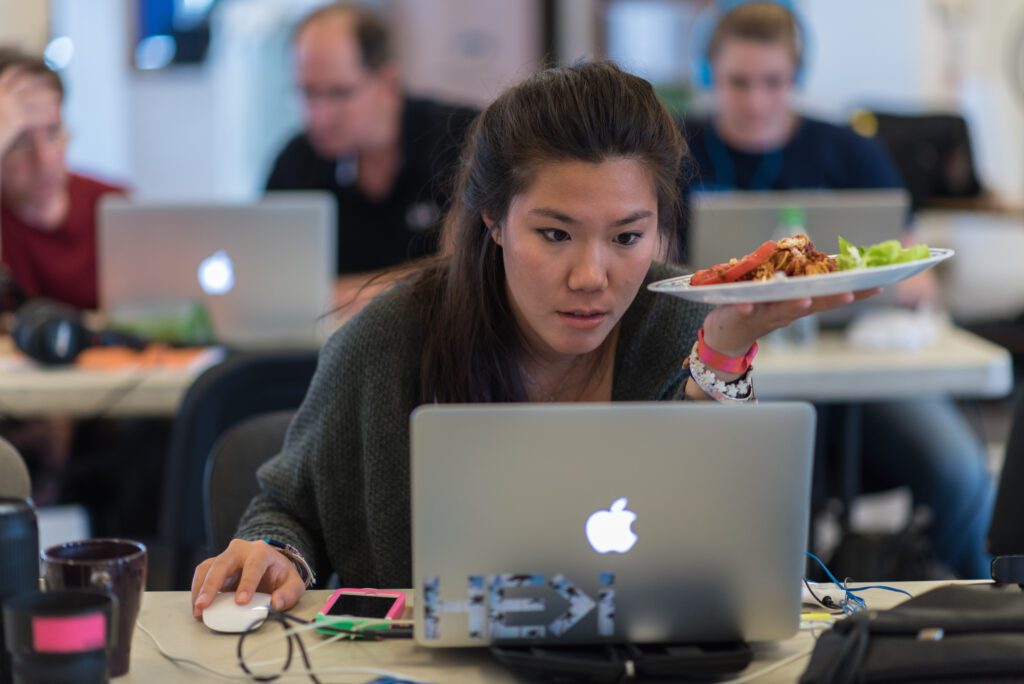
We worked around the clock shooting and editing our projects.
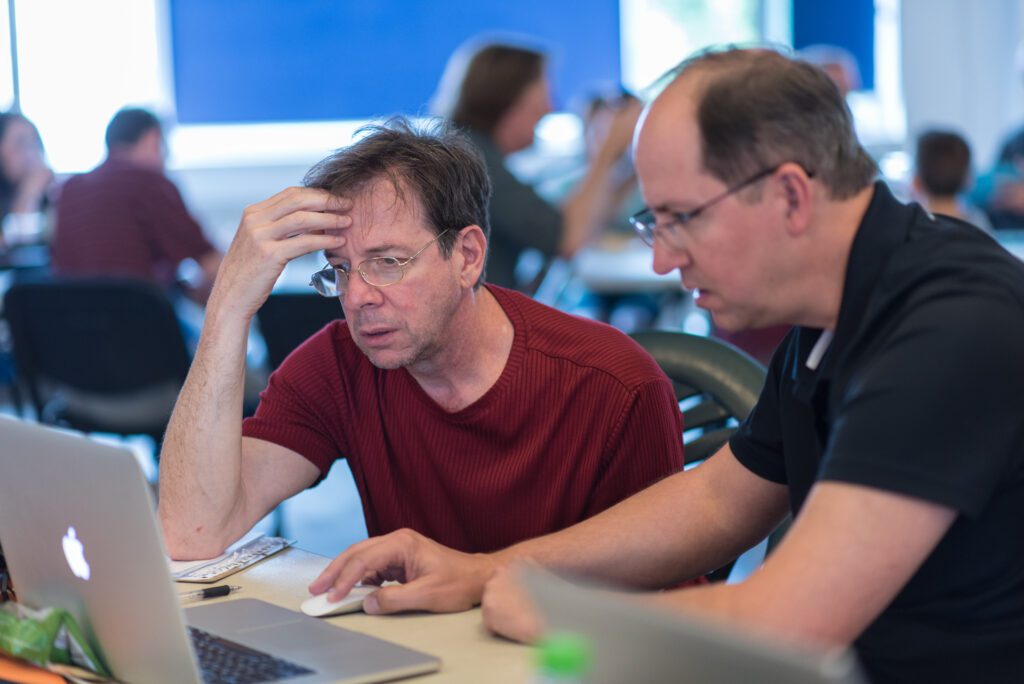
Which is more important?
So which is more important, the understanding of the storyline or multimedia? They are equally important. Both are needed to engage an audience.
Third major Element
The biggest mistake in communication forgets your audience is not there with you.

It would help not just think about the audience but start with them. Why should the audience even care about this story? What would be most interesting to them? After they hear the story, what actions should they be taking?
While I listed the audience last, it should be front and center. After all, there is a call to action for these stories on missions and nonprofits. The core message is that missionaries cannot do it alone and need the audience to give, go, and pray.
If you are interested in putting all these skills together, I can tell you that while all three are equally important, a learning curve and steps are necessary. The instructors serve as coaches to the storytellers. With their experience, they see things that only in time will you master.
I would highly recommend that you first learn a storyline and how to tell one. This skill is just you learning how to tell a bedtime story or a campfire story.

My recommendation for those wanting to be storytellers is to read The Writer’s Journey: Mythic Structure for Writers by Christopher Vogler. You can get this on Amazon. Here is that link
Christopher Vogler is a veteran story consultant for major Hollywood film companies and a respected teacher of filmmakers and writers around the globe.
After reading this book, then start practicing.
A simple thing to do is start practicing by telling bedtime stories. If making things up is difficult, tell the story of how you got your job. The key is that these stories are not timelines of events, but there is a crisis that forces you to seek help.
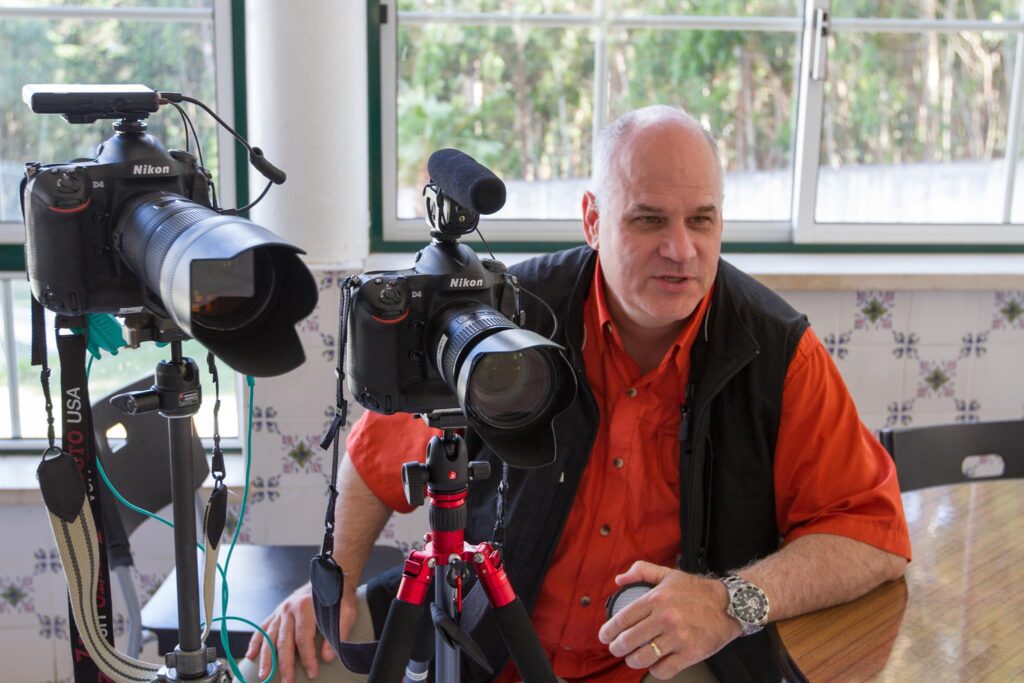
Here are some basic guidelines for interviewing a subject:
1. Prepare carefully, familiarizing yourself with as much background as possible.
2. Establish a relationship with the source conducive to obtaining information.
3. Ask questions relevant to the source that induce the authority to talk.
4. Listen and observe.
After you gain the skill of storytelling, then you are ready to capture their story using multimedia. Mastering the storyline and capturing it on camera is what Storytellers Abroad Workshop teaches.
Please get in touch with me if you are interested in a workshop. My contact information is below.

